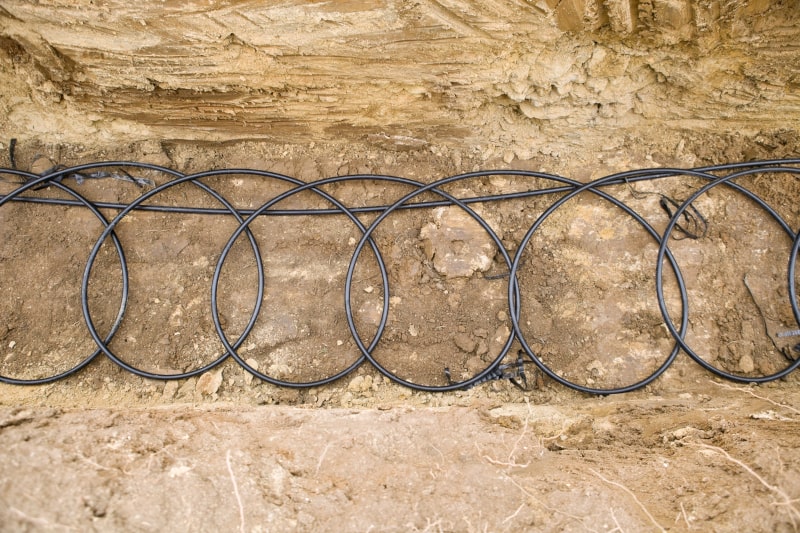If you’re looking for an eco-friendly way to heat your home in West Harrison, IN, then a geothermal heat pump may be a great fit for you. This guide explains why, compared to air-to-air or water-source heat pumps, geothermal pumps are both more energy efficient and more cost effective.
How Does a Geothermal Heat Pump Work?
All heat pumps work by exchanging heat with their surrounding environment, but geothermal units use energy stored in the ground as their primary source of power. When sunlight hits the earth, much of the light becomes heat energy and goes below the planet’s surface. A geothermal pump takes advantage of this underground phenomenon by absorbing this heat and pushing it into your home.
How Much Can You Save With a Geothermal Heat Pump?
Generally speaking, you can expect a geothermal heat pump, which simply moves heat around instead of needing to create it through combustion, to bring down your energy bills by 35% to 50%, and possibly more. According to the U.S. Office of Energy Efficiency & Renewable Energy, a geothermal heat pump can be up to 65% more efficient than a traditional HVAC system like a furnace.
Closed-Loop vs. Open-Loop Geothermal Systems
Geothermal heat pumps generally fall into two categories. In a closed-loop system, the heat pump pushes the refrigerant through a series of tubes that are completely insulated from the surrounding environment. On the other hand, open-loop systems use nearby water sources instead of a refrigerant.
Since 1981, our team has helped residential and commercial property owners in West Harrison, IN, take advantage of everything that geothermal heat pumps have to offer. To learn more about our geothermal services or arrange for an installation, call us or visit our website today.
Image provided by iStock




